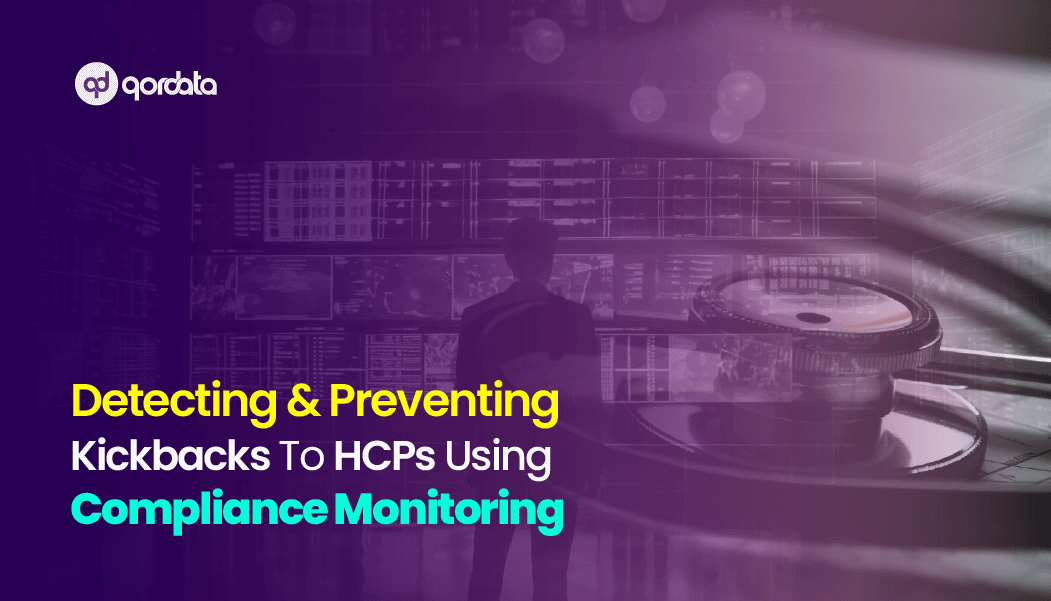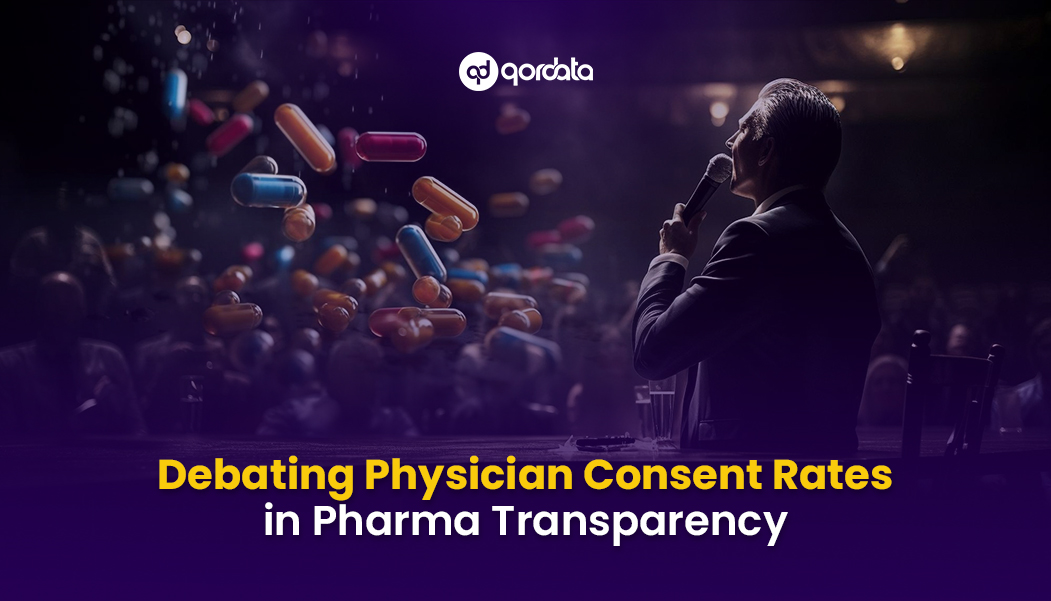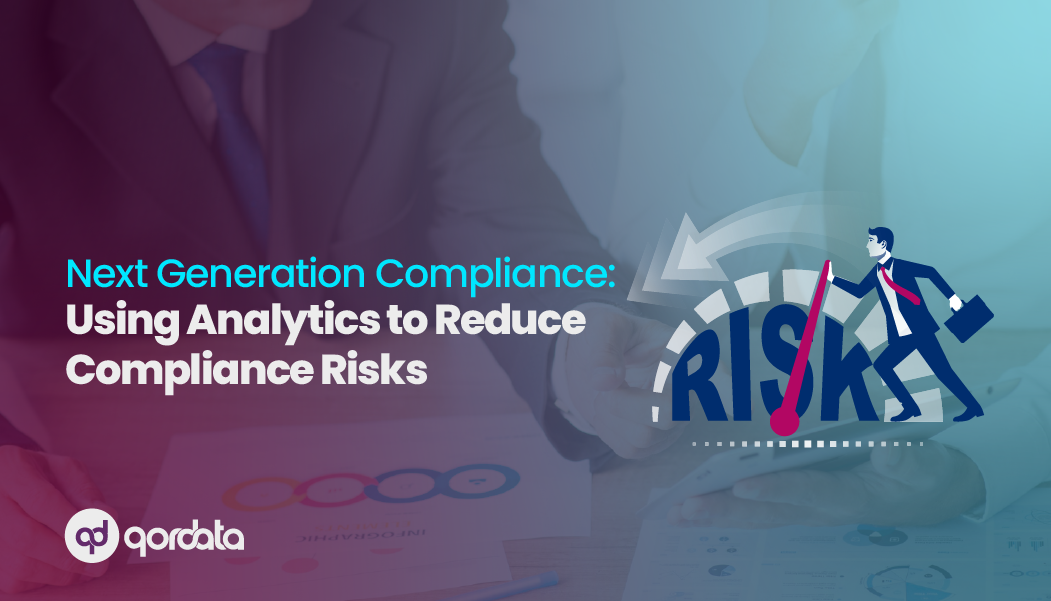Table of Contents
ToggleOn November 16, 2020, the Office of the Inspector General issued a Special Fraud Alert. This was the first Special Fraud Alert in six years and the fourth one issued in the past two decades.
Given that the Fraud Alert was released after years of observing the way the pharmaceutical companies and device manufacturers were operating – it was immediately received as a warning by many life sciences companies.
In the past three years, drug and device companies have reported paying nearly $2 billion to healthcare professionals for speaker-related programs.
Hence, it’s evident that OIG & the Department of Justice would eventually catch up to these companies, and that’s precisely what they did by releasing the Special Fraud Alert: Speaker Program.
Remunerations such as the one mentioned and the value of the speaker programs were taken into consideration by the OIG. But, more importantly, OIG’s latest guidance made it clear that the enticements made by life sciences companies were meant to induce ordering or prescribing products.
In the eyes of OIG, if the organization intended to promote its product through speaker programs, then such companies would be subject to criminal, civil, and administrative enforcement actions taken by the government.
Today, we are going to explore the key takeaways from the OIG’s Special Fraud Alert, get more clarity on what the OIG’s guidance means for life sciences and compliance teams, and by the end of the blog, you’ll find a form that experience related to the OIG’s Fraud Alert and how you were able to adapt to the updated rules and regulations.
Understanding the recent Special Fraud Alert
The idea behind the Special Fraud Alert was never to discourage or put a ban on meaningful HCP training and education. In fact, valuable sessions provided to HCPs that highlight new research, discoveries, effective medicines, and similar beneficial sessions are preferred by the DOJ & OIG.
The idea is to minimize the risk of remunerations related to speaker programs. Therefore, drug and device manufacturers and HCPs must consider the totality of the risks involved in engaging with third parties.
So, the key to success lies in understanding the difference between what’s ethical and what’s considered suspicious by the OIG for a speaker program.
Let’s shift our attention to the key pointers provided in the recent Special Fraud Alert by OIG to make it easier for you to assess whether your upcoming speaker program will become a suspect under the anti-kickback statute or will it prevail.
Key Pointers from the DOJ’s Special Fraud Alert
-
The company sponsors events/speaker programs and should offer high-value information to HCPs. Speaker programs with little to no substantive information are definitely going to raise red flags.
-
No alcohol or a meal exceeding the modest value should be provided to the program attendees. The concern is further heightened when the alcohol is free.
-
A venue that is not conducive to the exchange of information should not be arranged. E.g., restaurants, sports venues, hotels, or entertainment spots should not be preferred.
-
The topic or exchange of information should be new every time a company sponsors an event. Providing information on the same topic or product repeatedly is a violation. However, there’s an exception if the topic or product has observed a change in information.
-
No new medical or scientific information nor a new FDA-approved or cleared indication of the product is being introduced at the event.
-
HCPs are attending programs with the same topic more than once. This goes for appearing as the attendee or first appearing as the speaker and then the attendee.
-
The attendees of the speaker program must have a legitimate cause to attend the program. Friends, family members of the speaker, colleagues, medical professionals associated with the speaker’s own medical practice, staff that comes with the speaker, and other individuals with no use for the information are exempted from the program.
-
The sales and marketing department should not influence the selection of qualified HCPs to appear as the speaker or attendants of the event. No HCPs are to be selected based on prescribing drug rate, ordering the company’s product, and expected revenue that can be earned from the specific HCP. Speakers and attendants must be selected on merit and relativeness.
-
No drug or device manufacturer should pay speakers more than the fair market value (FMV) for speaking service or pay compensation that considers the volume of value generated by the speaker’s appearance at the program. Revenue generated by the company should not play an integral role in deciding the amount that will be paid to HCPs. Instead, FMV should be based on experience, expertise, specialty, qualification, and other related factors.
Engaging HCPs Compliantly with qordata’s HCP Engage
It’s clear that OIG and DOJ have a radar on life sciences, and the best way to ensure success is by abiding by the rules and regulations provided by the government. To do this, you need to get your compliance program in order. By that, we mean building a data-driven compliance program that gives you peace of mind by ensuring that you are engaging HCPs compliantly while making the entire process easier.
qordata’s data-driven HCP Engage is designed to help life sciences reduce risks involved in engaging third parties. Click here to schedule a demo today and experience data-driven HCP engagement in action.
Other relevant read:



